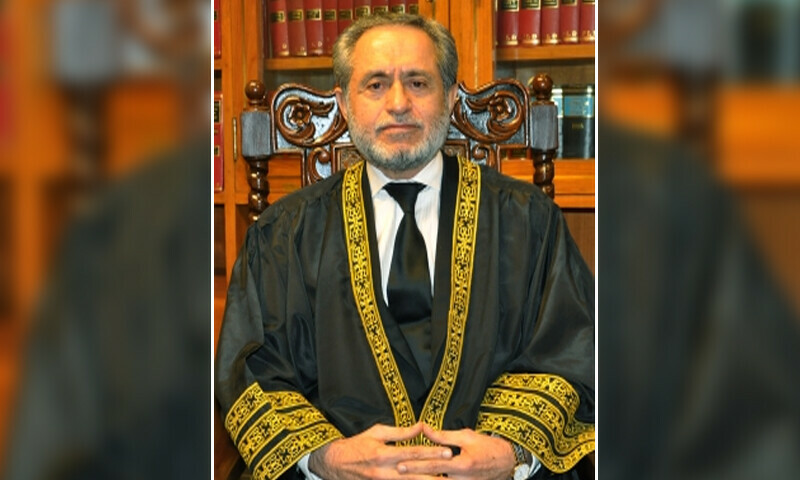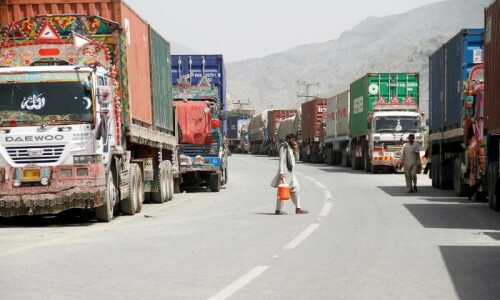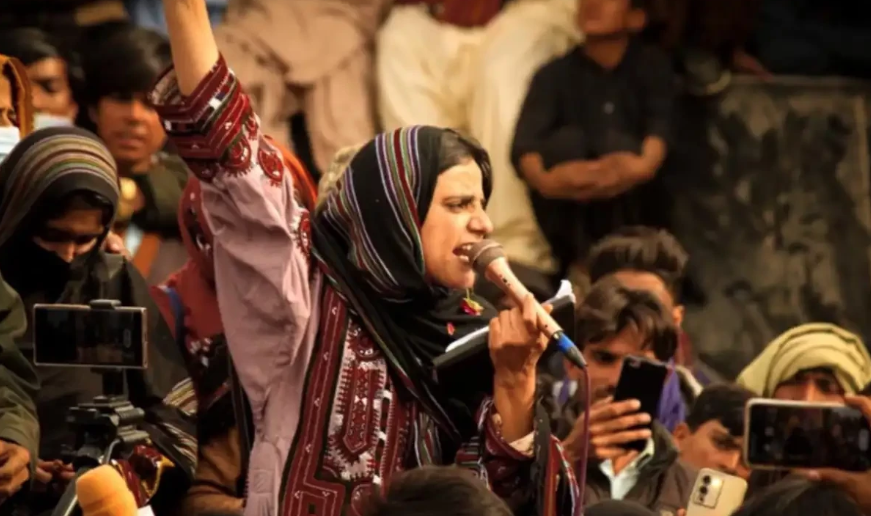LEGAL

Supreme Court judge, Justice Jamal Khan Mandokhail, has called on the government to formally recognise mining as an official industry, citing the dire working conditions faced by miners, particularly in the provinces of Khyber Pakhtunkhwa and Balochistan.
Speaking at a high-level national conference titled ‘Workers and Employers in 2025: Navigating Change with Harmony’, Justice Mandokhail stressed the urgent need for institutional safeguards, legal protections, and administrative reforms for mine workers. “In the eyes of the law and Islam, employers and workers are equal, and the Supreme Court stands as the ultimate guardian of their rights,” he said.
He also highlighted the lack of basic safety measures for miners who face life-threatening risks daily—working in unventilated shafts, under threat of cave-ins, and enduring long-term health issues.
Despite Pakistan’s vast mineral wealth, the sector contributes just 3.2% to the national GDP. Prime Minister Shehbaz Sharif has frequently emphasized the potential of Pakistan's untapped mineral reserves, claiming that proper resource management could free the country from dependence on global financial institutions like the IMF.
Justice Mandokhail referenced Article 17 of the Constitution, emphasizing the right to association as a fundamental right and urging trade unions to promote both legal rights and industrial harmony. “A judge must follow the law, but justice is not limited to the courts. Every individual is responsible for ensuring justice in their actions,” he remarked.
Justice Jawad Hassan of the Lahore High Court, also present at the event, praised Pakistan’s progressive labour legislation, noting that the country has ratified nearly all 48 international treaties concerning labour rights.
Justice (Retd) Shaukat Aziz Siddiqui, Chairman of the National Industrial Relations Commission (NIRC), reaffirmed the commission’s commitment to protecting workers while keeping the industrial sector functional.
Renowned jurist Barrister Dr Zafarullah Khan added an Islamic perspective, stating that labour rights are deeply rooted in the Quran. “According to Islamic teachings, lawful and hard-earned income is an act of worship. Islam replaced slavery with the values of liberty, equity, and dignity,” he said.
The conference, jointly organised by the NIRC and the International Labour Organisation (ILO) Pakistan, was held in commemoration of International Labour Day.




